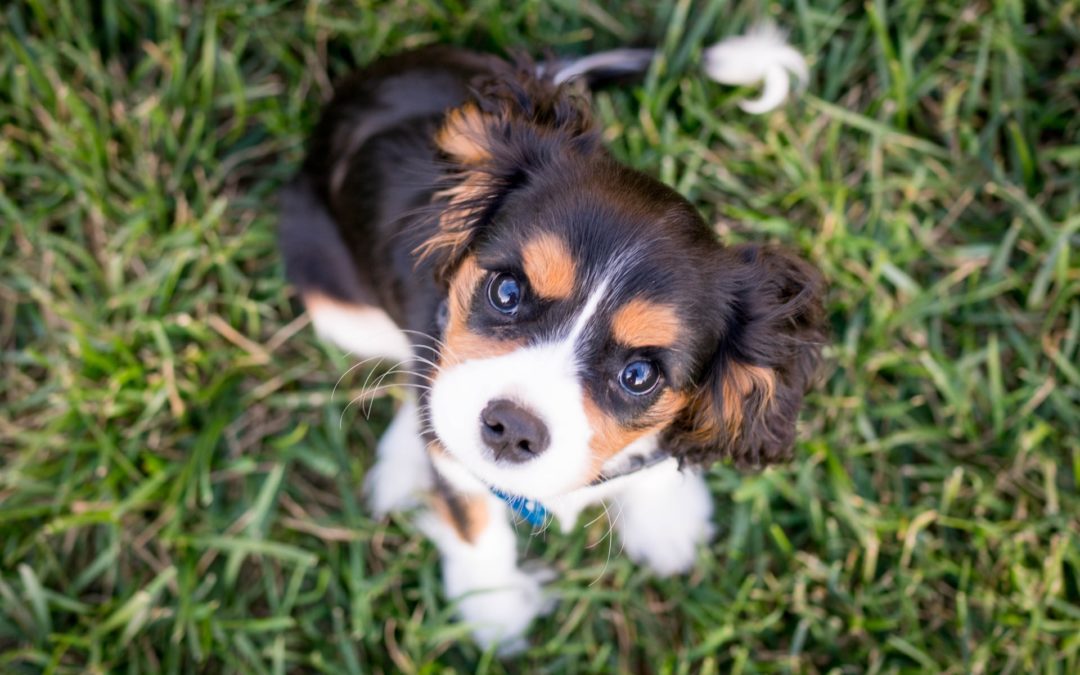Puppy Development and Fear Stages by Dr. Megan Bauer
By the age of 6 months old, your puppy will have already gone through about 2 fear periods since you brought them home (breed dependent). You may notice that your previously confident, curious puppy is now showing hesitancy to approach new objects or people, barking, comfort-seeking, or hiding/retreating. These behaviors are more pronounced in puppies that are genetically cautious or fearful and puppies who were under-socialized, but even puppies who are happy-go-lucky will go through this stage as a normal part of development.
To help your puppy through their fear period, continue socializing your puppy and allowing them to have positive experiences, while supporting them if they seem cautious or fearful. Your puppy may need additional patience from you during this time. Never punish your puppy for showing signs of fear, as this can compound their fear and may cause them to become aggressive.
Your puppy will enter another fear period sometime during adolescence depending on breed, size, and genetics. This fear period is usually more pronounced and may last longer than the first fear period. Like the first fear period, we want to support our puppies so that they continue to have positive experiences and help prevent them from making negative core memories. During this period, additional training and desensitization may be necessary.
Although all puppies go through this period as a normal part of development, phobias and fear-based aggression are not to be expected. If you notice severe signs of fear, please contact your veterinarian or a positive-reinforcement dog trainer for help as this may be a sign of a more serious underlying issue.

